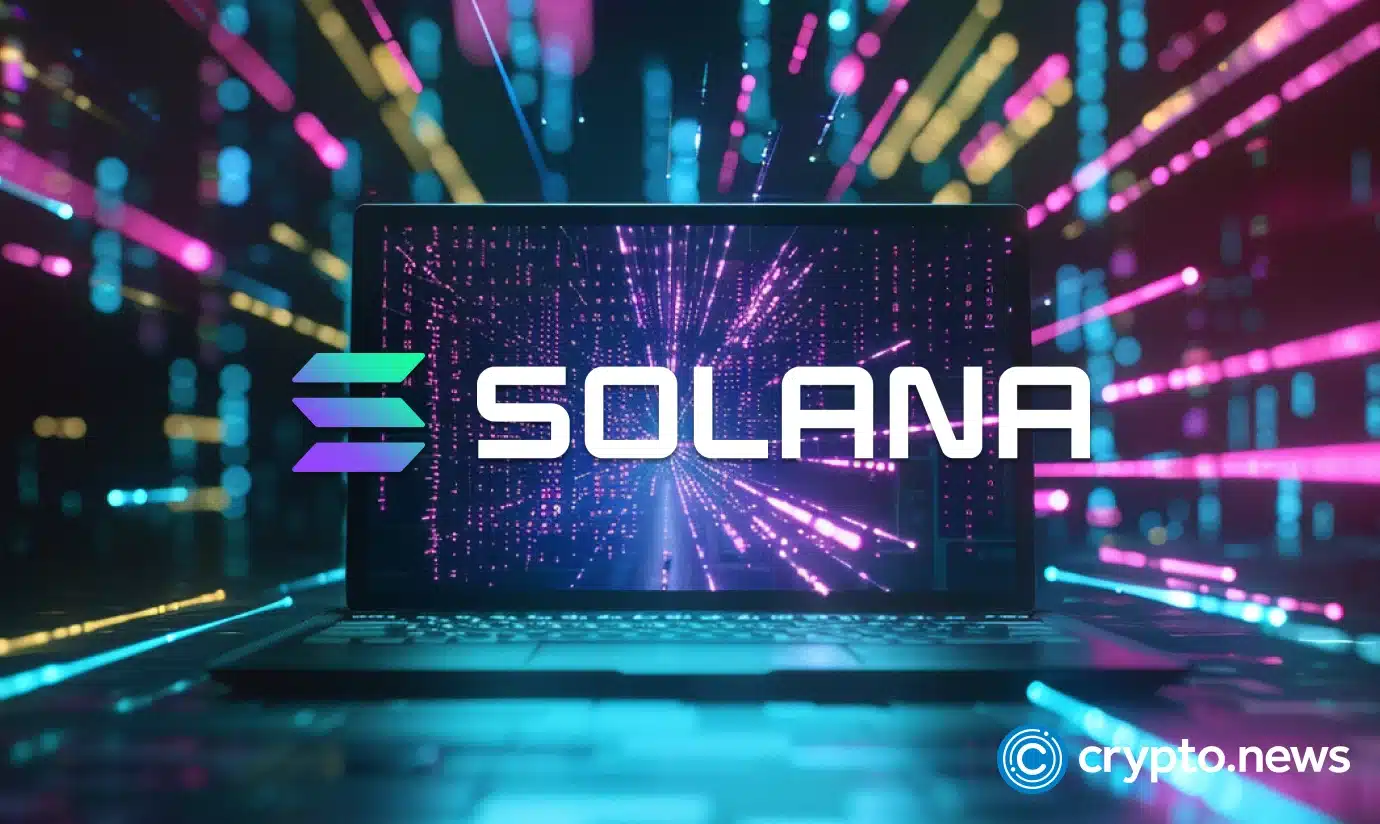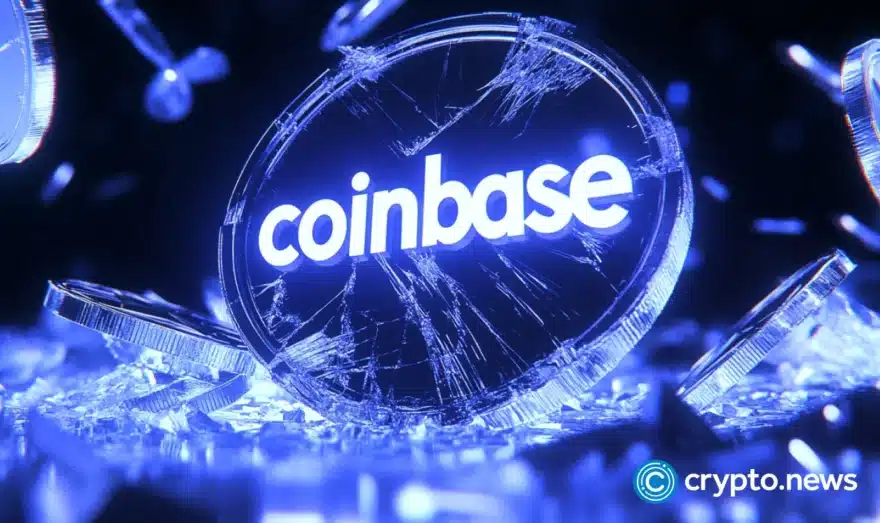Solana Foundation to unlock crypto transactions across the internet

Solana developers have developed two new tools to improve mass crypto adoption and unlock crypto transactions across several internet platforms.
The Solana Foundation introduced “Actions” and “Blinks” as pathways allowing users to broadcast cryptocurrency transactions to the SOL blockchain from outside native decentralized apps or dapps.
Through Actions, users can settle on-chain swaps or transactions from any platform with a URL. The same can be executed on social networks and from QR Codes. Blinks builds upon a Farcaster feature dubbed Frames to facilitate sharable links for supported Actions.
Solana Foundation’s head of ecosystem engineering, Jon Wong, said on Tuesday that Actions and Blinks will enable sending funds directly from a wallet like Phantom, NFT acquisitions on Tensor, voting on Realms proposals, subscribing to Acess Protocol newsletters and content, and crypto swaps on Jupiter exchange to name a few.
“We must reach the “first billion” users where they already are—on their favorite apps and websites,” Wong said, referring to solutions for onboarding a billion people to crypto. Other projects, such as Backpack, Cubik, Helius, Helium, Sanctum, and Truffle, also plan to test Solana’s Actions and Blinks as the tools are introduced to end-users.
What could go wrong?
Since its inception, mass adoption and mainstream integration have been centerpieces of the decentralized thesis. For years, developers have debated and theorized how to propel on-chain utility to larger user bases safely.
The conundrum has led several crypto startups to add support for Web2 entities like PayPal and strike partnerships with Visa. However, many have insisted that crypto truly going viral should happen via blockchain products fitted to market demand.
Actions and Blinks may offer a gateway to achieving this, but concerns abound due to bad actors and a raft of crypto scammers prowling digital asset corridors.
As several users pointed out, allowing any website to serve as a launch point for crypto transitions on the Solana blockchain could expose user funds to phishing campaigns orchestrated by mimicking genuine platforms.
Sharable links made possible by Blinks may also incentivize hackers to spread malicious URLs used to compromise private keys and drain assets.
As a working solution, development shop Dialect disclosed a collaboration with Solana, Phantom, and other adjacent protocols for a public registry of Actions. It’s unclear whether a Blink loophole mitigation strategy is also underway.
Could Solana be the everything chain?
In the last 12 months, Solana has solidified its position among top blockchains for its cheap transactions and easy-to-ship token standards. While both traits have served as a rallying cry for proponents insisting the network is primed for mass adoption, it has also strained the chain and caused downtime on several occasions.
Most of the congestion may be attributed to memecoins, which have witnessed an activity boom in recent months. Still, adoption has also reportedly raised monthly active SOL addresses to a new all-time high of nearly 42 million.
Developers have also shipped fixes, bolstering the network’s ability to maintain uptime without fail for several consecutive months. In the long run, observers like LinksDAO founder Mike Dudas believe on-chain improvements and product shipments like Actions may be pivotal for Solana and crypto adoption as a whole.













